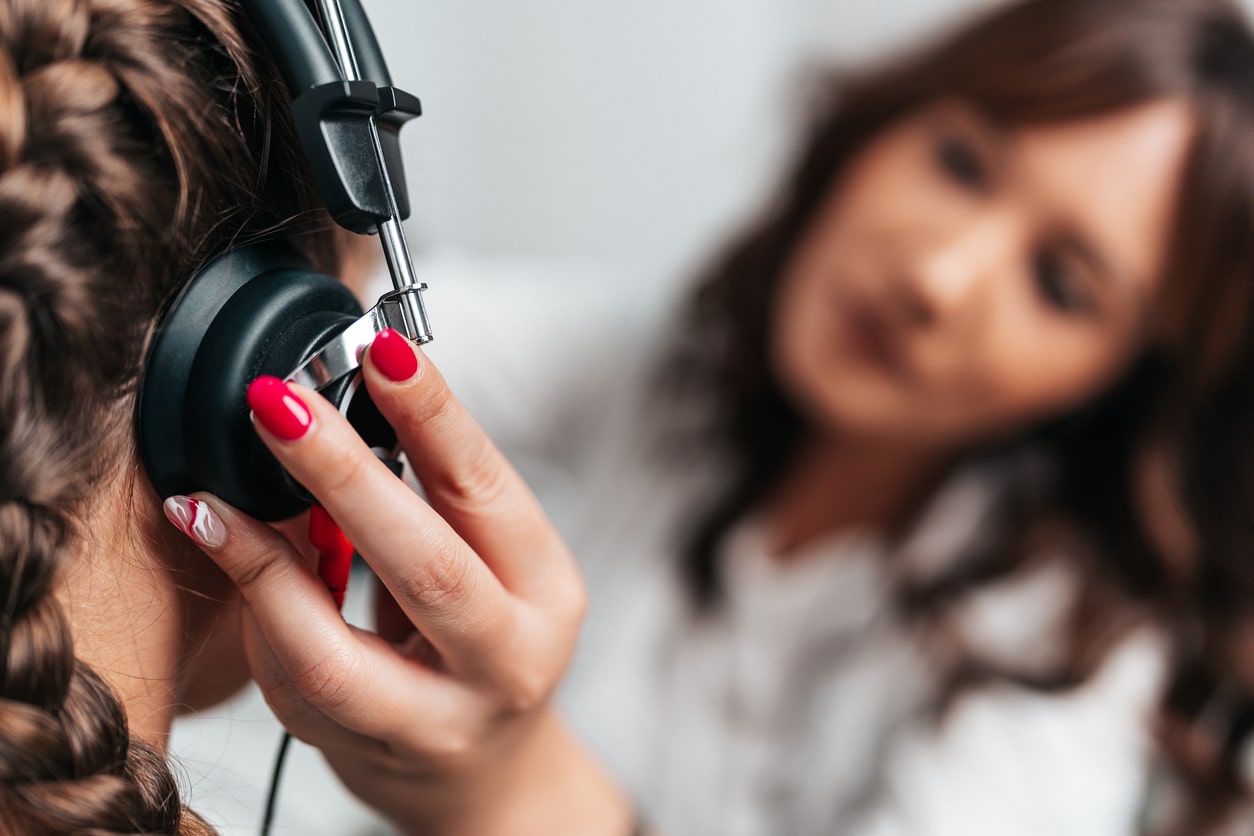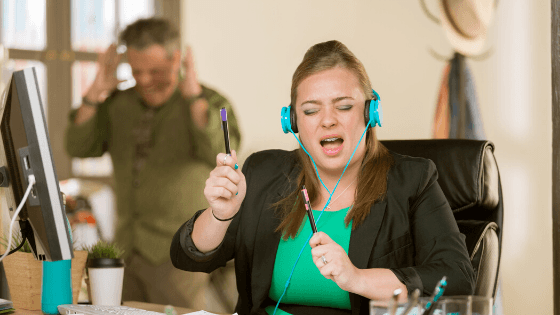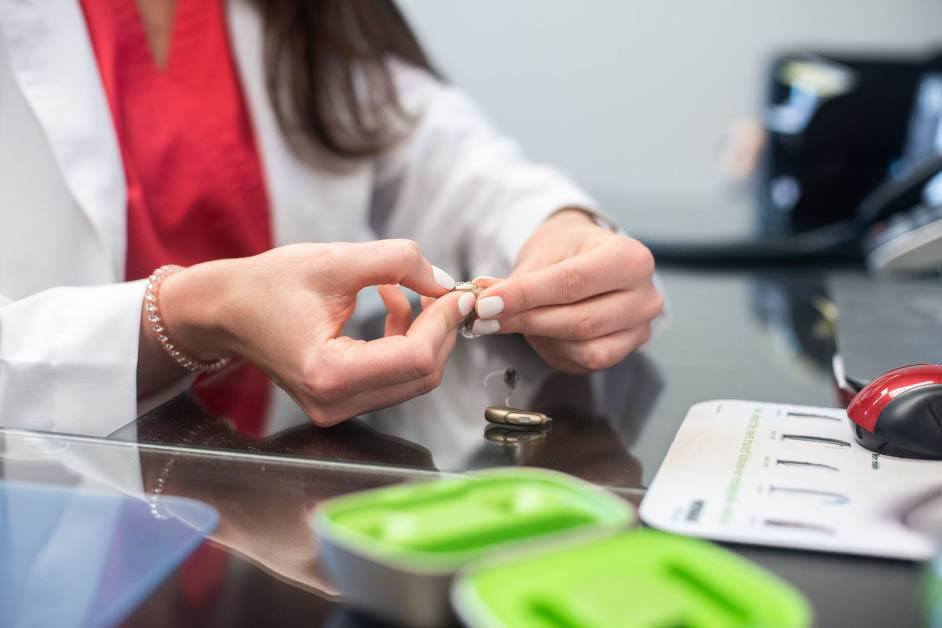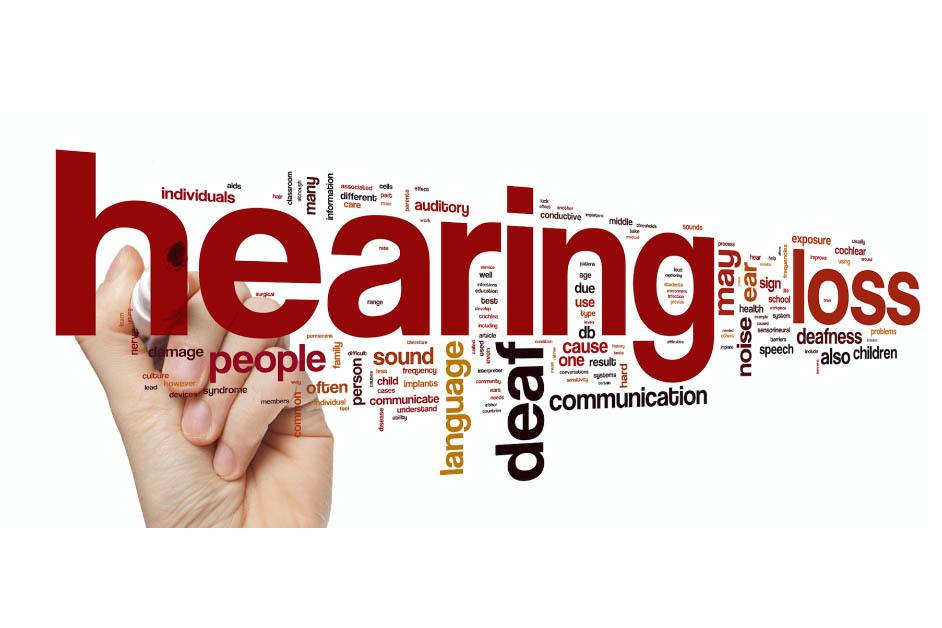How Often Should I Have My Hearing Tested?
Like getting your eyes checked or having a yearly checkup, including hearing tests in your wellness routine is important for staying healthy. Hearing loss, unlike vision that gets noticeably worse as we age, can sneak up slowly, making it easy…





